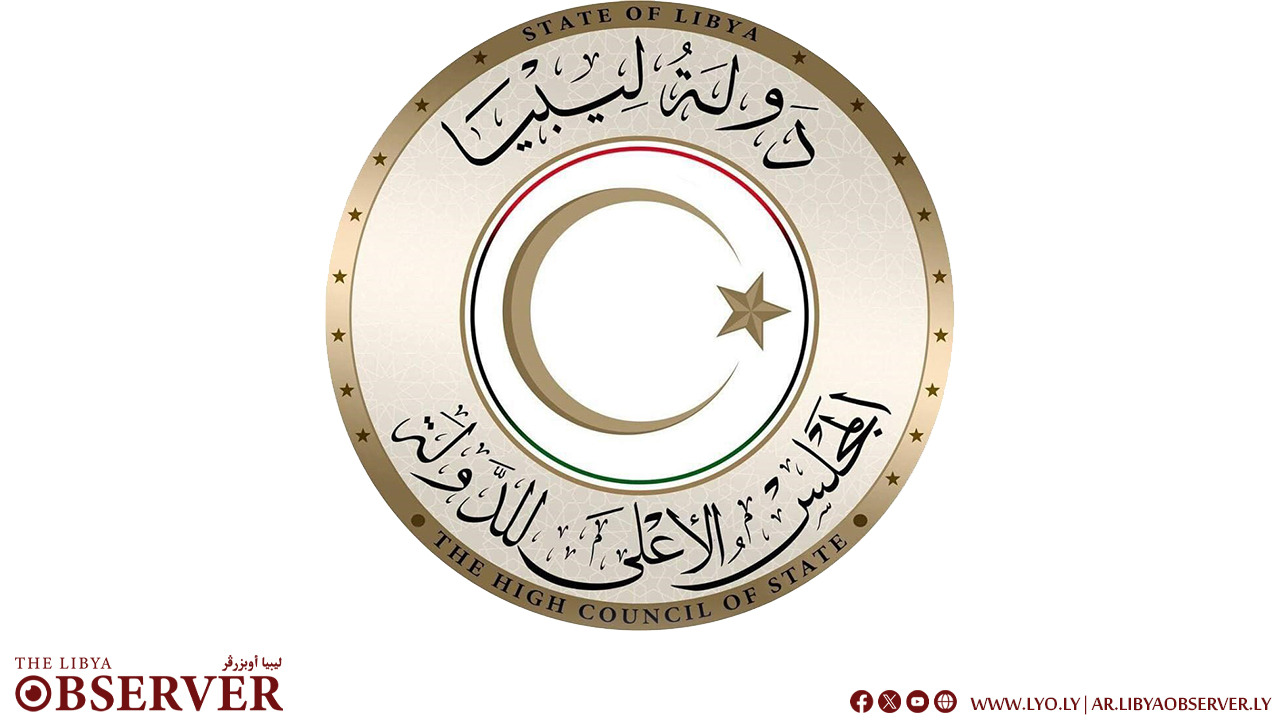The High Council of State (HCS) has called on Libya’s Attorney General (AG) to launch a comprehensive and independent judicial investigation into the circumstances surrounding the issuance of 50-dinar banknotes outside the legal framework. The Council urged the identification of legal responsibilities and the implementation of necessary measures to protect public funds and safeguard the financial system.
The HCS emphasized that issuing national currency is an exclusive mandate of the Central Bank of Libya (CBL), and any breach of this mandate constitutes a serious violation of monetary sovereignty, rendering the perpetrators legally accountable. It described the printing of large quantities of 50-dinar notes outside official channels—whether in the UK or Russia—as “null and void under the law.”
The HCS held fully accountable all individuals or institutions involved in, facilitating, or covering up the unauthorized printing—whether inside financial institutions or outside them. It called for clearly identifying both institutional and personal responsibility and for holding anyone who breached their duties or exceeded their authority accountable.
It further warned that injecting large sums of cash outside the official financial system had caused disruptions in the currency market, increased inflation, and devalued the Libyan dinar—burdening citizens, weakening their purchasing power, and eroding trust in the state’s financial system.
On Sunday, the Central Bank of Libya announced that it had detected 3.5 billion dinars from the second issuance of 50-dinar notes printed in Russia and withdrawn from circulation, which were not recorded in the records of its Benghazi branch.
The CBL said a preliminary count and sorting process showed that 6.65 billion dinars had been issued from this batch, while approximately 10.211 billion dinars were deposited into the CBL.
Meanwhile, the Prime Minister of the Government of National Unity, Abdul Hamid Dbeibeh, described the discovery of this unaccounted-for currency as a serious issue affecting the core of Libya’s economic stability—its national currency—and impacting people’s lives and livelihoods. He called on the Attorney General to immediately launch a full investigation and hold all those involved in what he called a “crime that cannot be ignored or tolerated” accountable.
